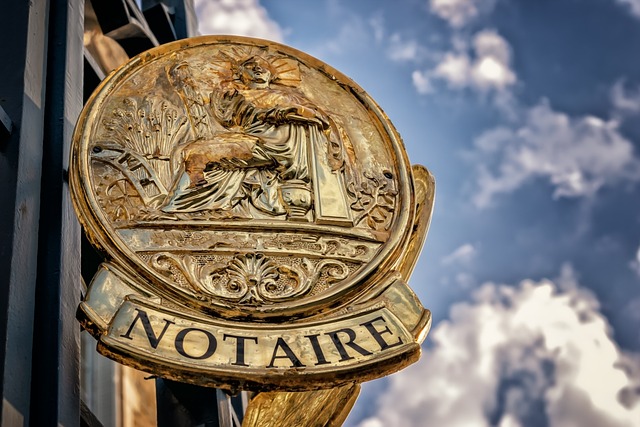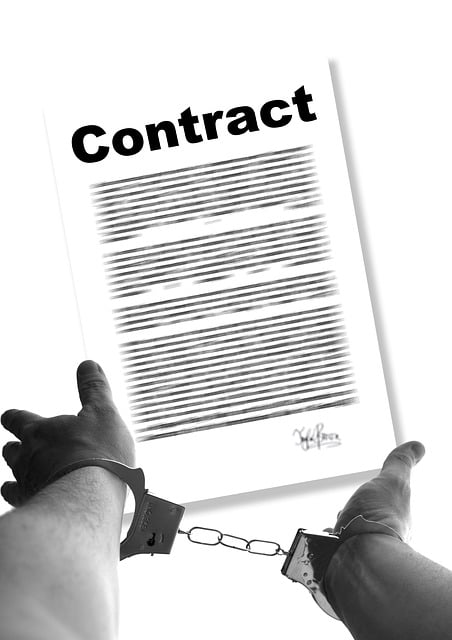Notary publics play a pivotal role in the authentication of documents, safeguarding the integrity of transactions and legal proceedings. While the likelihood of notary malpractice is modest, the repercussions can be profound, potentially leading to significant financial and reputational damage. A single oversight during a notarial act may trigger legal liability, often resulting in costly litigation. Recognizing the importance of protection against such risks, Errors and Omissions (E&O) insurance emerges as an indispensable tool for notaries. This specialized liability insurance offers a financial safety net, covering defense costs and settlements for claims alleging negligence or misconduct in document certification and other professional responsibilities. As notary responsibilities are deeply embedded in legal compliance, securing E&O insurance is both a prudent business practice and a testament to upholding the highest ethical standards in notarial acts. This article delves into the critical aspects of notary malpractice risks, the necessity for liability insurance, and the strategies that notaries can employ to maintain professional integrity and safeguard their practices against the uncertainties of legal liabilities.
- Understanding Notary Malpractice Risks and Liability Insurance Needs
- <a href="#—-the-importance-of-precision-in-notarial-acts”> The Importance of Precision in Notarial Acts
Understanding Notary Malpractice Risks and Liability Insurance Needs

Notaries public play a critical role in the verification of documents’ authenticity and integrity. Their responsibilities extend to ensuring the accuracy of notarial acts, which include administering oaths, witnessing signatures, and certifying documents for use in legal proceedings and transactions. Given the importance of these tasks, notaries are exposed to a range of risks that can lead to notary malpractice claims. These claims may arise from alleged errors or breaches of notary law and ethics, such as failing to properly identify a signer, mishandling document certification processes, or misapplying notarial procedures. The consequences of such oversights can be substantial, with potential legal liability that includes costly litigation and financial damages.
To safeguard against these risks, liability insurance—specifically Errors and Omissions (E&O) insurance—is an indispensable resource for notaries. This type of coverage is tailored to address the unique exposures inherent in the performance of notarial acts. It provides a financial safety net by covering the legal costs associated with defending against notary claims, as well as any settlements or judgments that may be awarded against the notary. E&O insurance ensures that notaries can fulfill their professional duties without undue concern for the financial implications of an error. It underscores the notary’s commitment to maintaining high standards of document certification and adhering to the legal and ethical principles governing their practice. With robust liability insurance in place, notaries can navigate the complexities of their role with greater confidence and assurance, knowing that they are equipped to handle potential claims responsibly.

Notaries play a critical role in the legal system by witnessing and certifying the authenticity of documents, thereby ensuring the integrity of transactions and legal processes. The responsibilities inherent in notarial acts necessitate a high level of accuracy and adherence to notary law and ethics. In the event that a notary fails to uphold these standards, even minor errors can lead to significant legal liability, potentially resulting in costly litigation for the notary involved. This is where Liability Insurance becomes an indispensable tool for notaries. E&O insurance, tailored specifically for the risks associated with document certification and notary duties, offers financial protection against claims of negligence or misconduct. It provides coverage for legal fees, settlements, and any damages that may arise from allegations of improper conduct during a notarial act. By securing this insurance, notaries can confidently fulfill their professional obligations while remaining compliant with the legal standards that govern their practice. This coverage is not just a safety net but also a testament to a notary’s commitment to maintaining the highest ethical and professional standards in their work.
<section id="—-the-importance-of-precision-in-notarial-acts”>
The Importance of Precision in Notarial Acts

Notarial acts are laden with precision and legal gravity, as they serve to validate documents for use in various transactions and legal proceedings. The accuracy of a notary’s actions is paramount; any misstep can lead to significant legal liability for both the notary and their clients. This is where Liability Insurance plays a critical role in safeguarding notaries against the unforeseen. Notary Responsibilities extend beyond mere signature witnessing; they encompass thorough document certification, record-keeping, and adherence to Notary Law. The potential for Notary Claims arises when these responsibilities are not fulfilled with due diligence, exposing notaries to legal challenges. E&O insurance is designed to cover the costs associated with such claims, including defense fees and any resulting settlements or judgments. It is a cornerstone in managing the risks inherent in the profession.
The ethos of Notary Ethics mandates an unwavering commitment to accuracy and due process. The Notary Law framework within which notaries operate is extensive and complex, dictating the proper execution of notarial acts to ensure the integrity of documents. A notary’s duties are multifaceted and can involve various tasks such as administering oaths, confirming identities, and witnessing signatures. The importance of E&O insurance in this context cannot be overstated; it stands as a testament to a notary’s dedication to their profession by providing financial protection against claims of misconduct or oversight. By securing this type of coverage, notaries demonstrate their commitment to maintaining the highest standards of professional excellence and ethical conduct.
Notaries play a critical role in the integrity of legal and financial documents, serving as an intermediary between document signers and the intended recipients. As highlighted throughout this article, notary malpractice, although infrequent, can have severe repercussions. The precision required in notarial acts demands diligence and adherence to notary laws and ethics. Obtaining Liability Insurance is a prudent measure for notaries, safeguarding their Notary Responsibilities and ensuring that their Notary Duties are carried out without undue risk. This insurance covers the costly implications of Notary Claims, providing financial security against Legal Liability and the potential fallout from Document Certification errors. By embracing this form of protection, notaries can confidently uphold their professional standards while navigating the complexities of their role, thereby maintaining public trust and fulfilling their essential service obligations.



